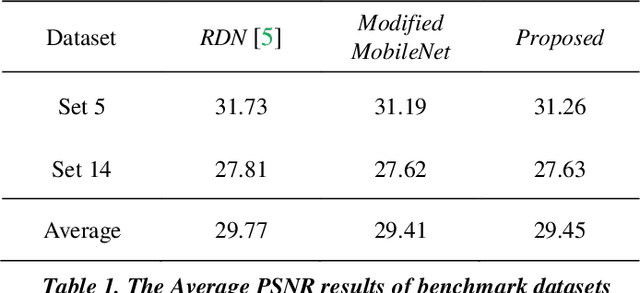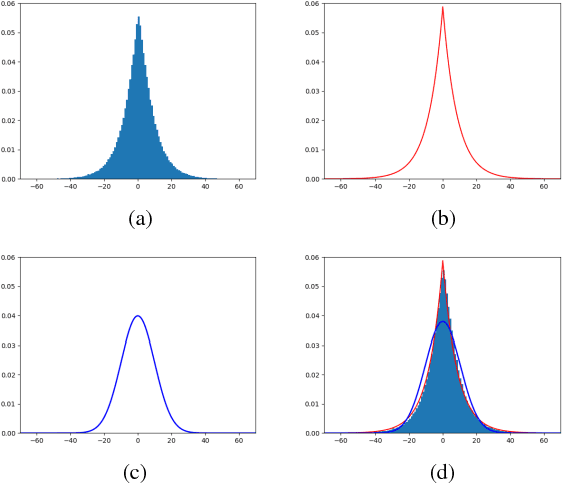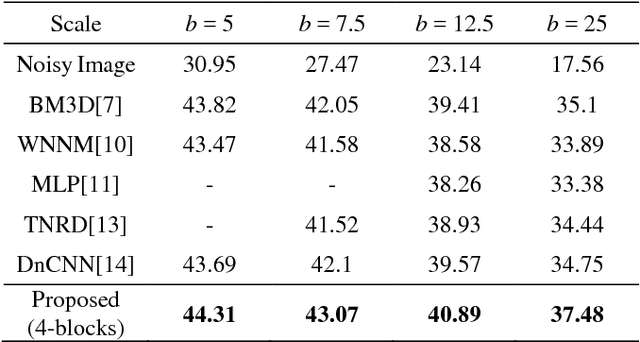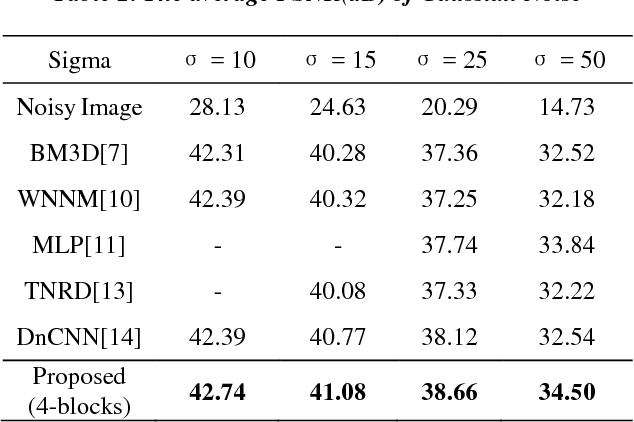Seongmin Hwang
Multispectral Detection Transformer with Infrared-Centric Sensor Fusion
May 21, 2025



Abstract:Multispectral object detection aims to leverage complementary information from visible (RGB) and infrared (IR) modalities to enable robust performance under diverse environmental conditions. In this letter, we propose IC-Fusion, a multispectral object detector that effectively fuses visible and infrared features through a lightweight and modalityaware design. Motivated by wavelet analysis and empirical observations, we find that IR images contain structurally rich high-frequency information critical for object localization, while RGB images provide complementary semantic context. To exploit this, we adopt a compact RGB backbone and design a novel fusion module comprising a Multi-Scale Feature Distillation (MSFD) block to enhance RGB features and a three-stage fusion block with Cross-Modal Channel Shuffle Gate (CCSG) and Cross-Modal Large Kernel Gate (CLKG) to facilitate effective cross-modal interaction. Experiments on the FLIR and LLVIP benchmarks demonstrate the effectiveness and efficiency of our IR-centric fusion strategy. Our code is available at https://github.com/smin-hwang/IC-Fusion.
DG-DETR: Toward Domain Generalized Detection Transformer
Apr 28, 2025



Abstract:End-to-end Transformer-based detectors (DETRs) have demonstrated strong detection performance. However, domain generalization (DG) research has primarily focused on convolutional neural network (CNN)-based detectors, while paying little attention to enhancing the robustness of DETRs. In this letter, we introduce a Domain Generalized DEtection TRansformer (DG-DETR), a simple, effective, and plug-and-play method that improves out-of-distribution (OOD) robustness for DETRs. Specifically, we propose a novel domain-agnostic query selection strategy that removes domain-induced biases from object queries via orthogonal projection onto the instance-specific style space. Additionally, we leverage a wavelet decomposition to disentangle features into domain-invariant and domain-specific components, enabling synthesis of diverse latent styles while preserving the semantic features of objects. Experimental results validate the effectiveness of DG-DETR. Our code is available at https://github.com/sminhwang/DG-DETR.
WaveDH: Wavelet Sub-bands Guided ConvNet for Efficient Image Dehazing
Apr 02, 2024



Abstract:The surge in interest regarding image dehazing has led to notable advancements in deep learning-based single image dehazing approaches, exhibiting impressive performance in recent studies. Despite these strides, many existing methods fall short in meeting the efficiency demands of practical applications. In this paper, we introduce WaveDH, a novel and compact ConvNet designed to address this efficiency gap in image dehazing. Our WaveDH leverages wavelet sub-bands for guided up-and-downsampling and frequency-aware feature refinement. The key idea lies in utilizing wavelet decomposition to extract low-and-high frequency components from feature levels, allowing for faster processing while upholding high-quality reconstruction. The downsampling block employs a novel squeeze-and-attention scheme to optimize the feature downsampling process in a structurally compact manner through wavelet domain learning, preserving discriminative features while discarding noise components. In our upsampling block, we introduce a dual-upsample and fusion mechanism to enhance high-frequency component awareness, aiding in the reconstruction of high-frequency details. Departing from conventional dehazing methods that treat low-and-high frequency components equally, our feature refinement block strategically processes features with a frequency-aware approach. By employing a coarse-to-fine methodology, it not only refines the details at frequency levels but also significantly optimizes computational costs. The refinement is performed in a maximum 8x downsampled feature space, striking a favorable efficiency-vs-accuracy trade-off. Extensive experiments demonstrate that our method, WaveDH, outperforms many state-of-the-art methods on several image dehazing benchmarks with significantly reduced computational costs. Our code is available at https://github.com/AwesomeHwang/WaveDH.
Linear Depthwise Convolution for Single Image Super-Resolution
Aug 07, 2019

Abstract:Recent work on super-resolution show that a very deep convolutional neural networks (CNN) have obtained remarkable performance. However, as CNN models have become deeper and wider, the required computational cost is substantially higher. In this paper, we propose Linear Depthwise Convolution to address this problem in single image super resolution. Specifically, Linear Depthwise Convolution can reduce computational burden on CNN model, preserving information used to reconstruct super-resolved image. The performance improvement of our proposed method is due to removing non-linearity between depthwise convolution and pointwise convolution. We evaluate the proposed approach using Set 5 and Set 14 datasets and show it performs significant better performance.
Inception-Residual Block based Neural Network for Thermal Image Denoising
Oct 31, 2018



Abstract:Thermal cameras shows noisy images due to their limited thermal resolution, especially for scenes of low temperature difference. In this paper, to deal with noise problem, we propose a novel neural network architecture with repeatable denoising inception residual blocks(DnIRB) for noise learning. Each DnIRB has two sub-blocks with difference receptive fields and one shortcut connection for preventing vanishing gradient problem. The proposed approach is tested for thermal images. The experimental results show that the proposed approach show the best SQNR performance and reasonable processing time compared with state-of-the-art denoising methods.
 Add to Chrome
Add to Chrome Add to Firefox
Add to Firefox Add to Edge
Add to Edge